
If you've felt extra tired when you are exercising or being active, it may not be down to your fitness levels. You might be dehydrated.
Not only is drinking enough fluid vital to our overall health, but proper hydration when exercising is key to aspects, including your energy levels and your body’s ability to regulate your temperature.
But how much fluid do we need to stay hydrated during exercise - and how do we know if we’re getting enough?
Current UK guidelines recommend that adults aim for six to eight glasses (equivalent to around 1.5-2 litres or 2.5-3.5 pints) of fluids per day as part of a healthy diet.
However, this doesn’t take into account your age, lifestyle, body size or the climate.
Staying hydrated during exercise isn't just important for your body but for your mental functions too.
“When it comes to exercise, hydration becomes even more important because we need to replace fluid lost from sweat to avoid becoming dehydrated,” says performance dietitian and personal trainer Kerri Major.
She points out that more than half of our body (55% to 70%, depending on your sex and age) is made up of water, which is why we need to stay hydrated to support bodily functions.
Dr Sunni Patel, a personal trainer, culinary medicine expert and nutritional therapist, explains: “Sweating is your body's way of regulating temperature."
"If you are not hydrated enough, your body may struggle to sweat effectively, leading to an increased risk of overheating."
Patel says adequate hydration during exercise maintains your blood volume (the volume of fluid in the circulatory system).
If this drops, your heart must work harder to circulate oxygen and nutrients to your muscles, which can result in lower energy levels.
Staying hydrated during exercise is also important because it supports all aspects of your workout from physical performance and endurance to mental focus and recovery.
Patel says being hydrated can help you maintain your “strength, power, speed and overall exercise capacity. Even mild dehydration can impair your ability to concentrate, make decisions, and react quickly, all of which are essential for technique, coordination and maintaining motivation when exercising.”

It’s not just about the importance of hydration during exercise, but beforehand and afterwards too.
Patel says that ensuring that you are properly hydrated before you get active, "means your body is prepared for upcoming physical demands by ensuring your muscles are hydrated.
“You also have a head start in compensating for fluid losses through sweat, reducing the chances of dehydration.”
Meanwhile, post-exercise recovery requires proper rehydration because “it supports the restoration of energy, helps repair damaged tissues, and enhances the body's ability to adapt and perform better in subsequent workouts.”
It is possible to drink too much and over-hydrate, but this is rare and most likely to affect high-performance athletes who need to consume larger amounts of fluid.
There’s not a magic number for how much everyone should be drinking. Major says: “The amount of fluid that is needed during exercise is very individual and depends on various factors, such as how much sweat you lose as an individual, environmental temperatures and humidity.
"The goal is about trying to minimise dehydration, without over-drinking.”
Major says an issue for many is that they begin their workout dehydrated, so it’s best to first maintain your basic level of hydration. Following recommended daily guidelines is essential here.
“Two to three hours before exercise, I’d recommend drinking around 500-600ml [just over a pint] of fluid,” says Major.
“Drinking huge volumes before working out could make your stomach uncomfortable or you might need the toilet during your workout.”
Patel notes that the amount you need depends on your body weight.
“The amount of fluid you need during exercise is down to the intensity and duration," says Major. "Once you’ve made sure you start hydrated, top up regularly with fluids and electrolytes [more on these shortly] when it's practical to do so.”
During exercise, the NHS recommends sipping fluid every 10-15 minutes. However, Patel adds: “High-impact activities or exercises that last longer than an hour generally result in increased sweating and higher fluid requirements. Adjust your fluid intake accordingly based on the nature of your exercise.”

Replacing fluid losses after exercise is important.
Monitoring your body weight before and after exercise can give you an estimate of your fluid loss. For every kilogram (2lb 3oz) of weight lost during exercise, you should aim to consume approximately 1.2-1.5 litres (two to three pints) of fluid, according to the International Olympic Committee.
Patel says: “Aim to start rehydration within 30 minutes to an hour after exercise and continue drinking fluids throughout the day to restore hydration levels and support recovery.”
“Water is typically the best drink for hydration during exercise, as it is readily available, easily accessible and sufficient for most people," says Patel.
"If the taste of plain water is unappealing, you can add slices of fruits like lemon, lime or cucumber for a hint of flavour.”
Major also suggests cooled caffeine-free herbal teas are another good alternative. There is some evidence that milk is more hydrating than water, so it can be a great post-exercise drink, especially as it also contains protein, which can contribute to your recovery from exercise.
Drinks containing electrolytes can also be beneficial. “Sweating during exercise not only causes fluid loss but also the loss of electrolytes, such as sodium and potassium, so rehydrating with electrolyte-rich fluids can replace these,” explains Patel.
“Coconut water is a natural source of electrolytes, making it a suitable option for during exercise. If you’re watching your calorie intake, just be aware that coconut water contains calories.”

“Alternatively, you can buy electrolyte supplements in forms like gels and sports drinks,” adds Major, who advises consuming these only if the intensity or duration (approximately over an hour) of your workout is high.
Just be aware that the sugar content in sports drinks can be high, so consider no or low-added sugar options. Major notes that having some sugar in your drink to provide carbohydrates can be useful in certain instances if you need fuel for exercise in a quick digestible form, or if your appetite isn’t great. But in general, this isn’t needed.
She adds: “You can also make your own isotonic drink [a drink containing essential salts and minerals] by mixing 200ml (a quarter of a pint) of squash and 800ml (one and a half pints) of water with a small pinch of salt.”
There is some evidence to suggest that certain non-alcoholic beers are as good as or better than water for rehydrating after exercise. Major says this is because “non-alcoholic beer usually contains some sugar along with electrolytes, in particular sodium, so it might partly help to accelerate rehydration better than plain water”.
She adds that non-alcoholic beer is a better choice than alcoholic beer as the latter acts as a diuretic causing you to urinate more, which could lead to dehydration. However, she says the evidence that it hydrates as well as or better than water is not convincing, and she would recommend drinking the fluids mentioned above instead.
Patel shares some common signs that you’re not getting enough fluid during your workout.
Feeling excessively thirsty during your workout is a clear indicator that you may not be adequately hydrated. Thirst is your body's way of signalling that it needs more fluids.
This can be a sign of dehydration. Inadequate fluid intake can reduce saliva production, leading to dryness in the mouth.
If you find yourself feeling unusually tired and lacking energy, insufficient hydration could be a contributing factor.
Dehydration can cause a drop in blood volume and blood pressure, leading to these symptoms. If you experience these during exercise, it's crucial to stop and rehydrate.
Inadequate fluid intake can disrupt the balance of electrolytes in your body, which are essential for proper muscle function, contributing to muscle cramps or spasms during exercise.
If you notice a decline in your endurance, strength, speed or overall exercise capacity, you might not be adequately hydrated.
Checking the colour of your urine, using the NHS urine colour chart, can provide insights into your hydration status. Dark-coloured urine, such as amber or honey-coloured, can be a sign of dehydration. In a well-hydrated state, urine should be a pale-yellow colour.

Patel provides some tips for staying hydrated during exercise.
Dr Sunni Patel PhD, MBA, PGDip (Cul Med) is a culinary medicine and nutritional therapy expert. With more than 15 years of healthcare experience and 10 years working in senior corporate roles, Dr Patel has a passion and proven success for bringing wellness into everyday life. He is also founder of health coaching and food education platform Dish Dash Deets and has a PhD on the risk factors for type 2 diabetes and heart disease.
Kerri Major is a registered dietitian with over 10 years of clinical experience working for NHS Scotland. She specialises in weight management, gastroenterology, coeliac disease, oncology and heart health, and, most recently, in surgery and critical care as well as stroke and elderly/neuro-rehabilitation. Major now works as a freelance sports dietitian and personal trainer. She is hugely passionate about helping individuals feel fit, healthy and strong through adopting an active lifestyle, as well as supporting athletes, both recreational and elite, to understand how to fuel themselves appropriately.
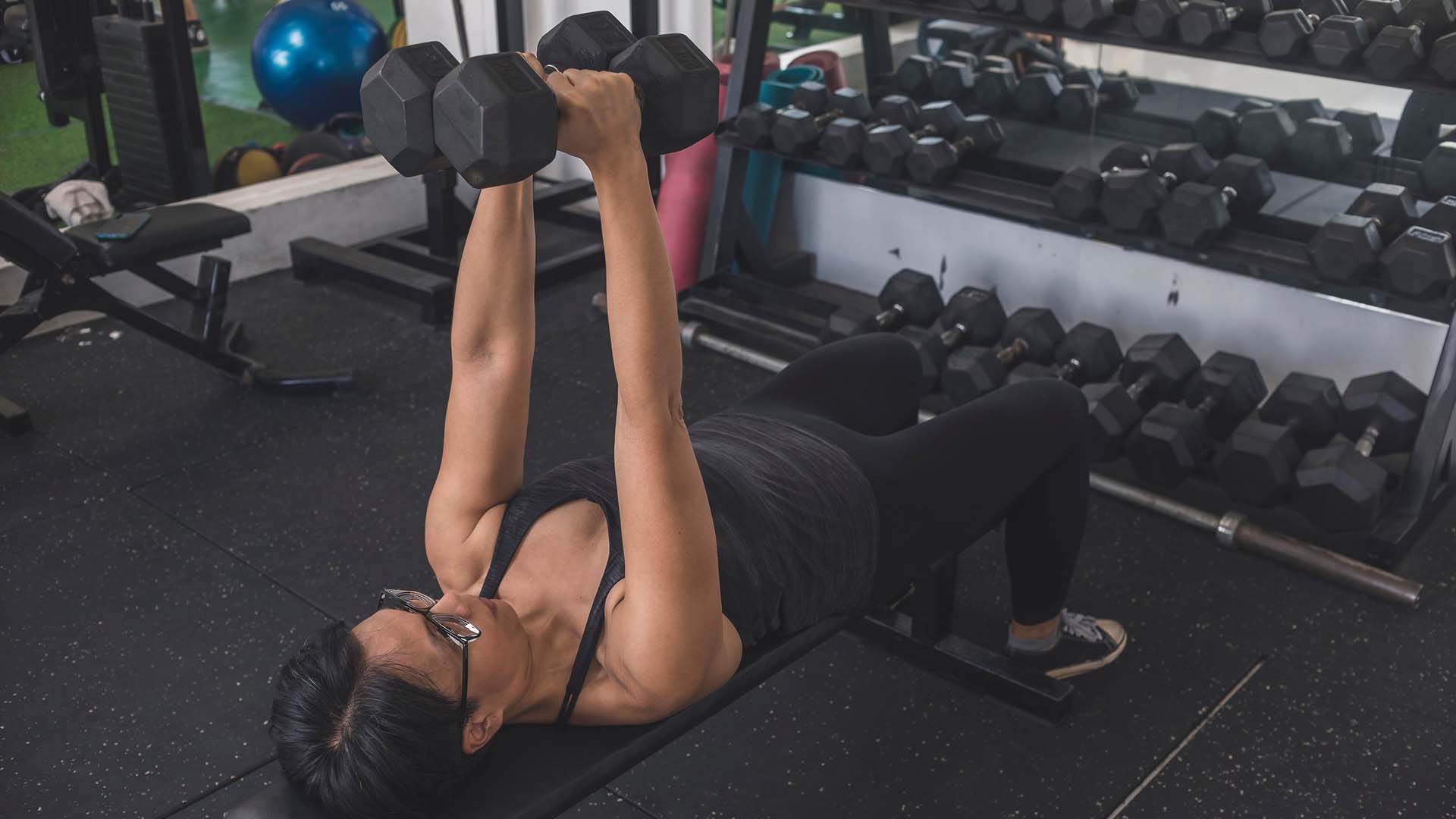
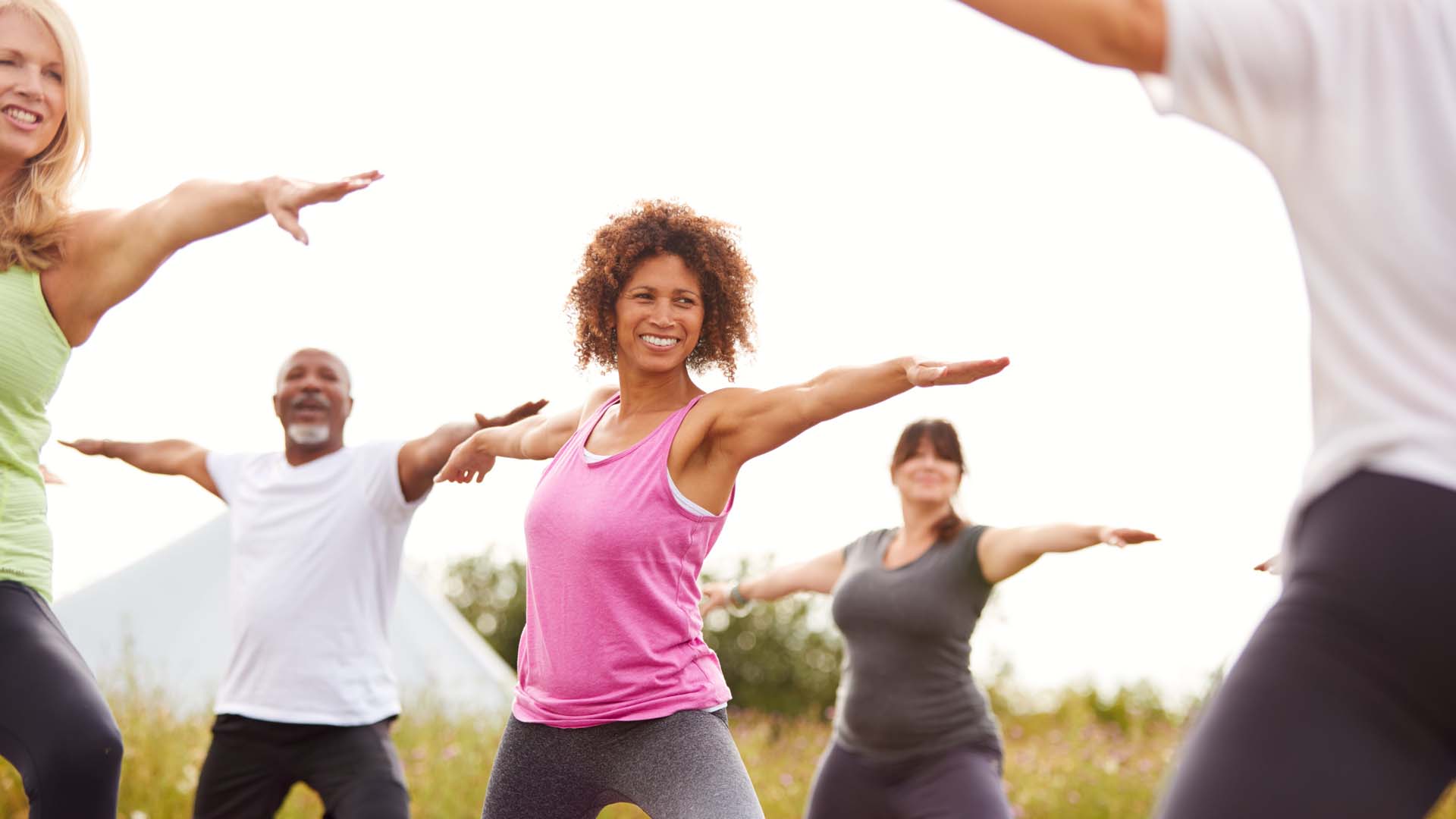
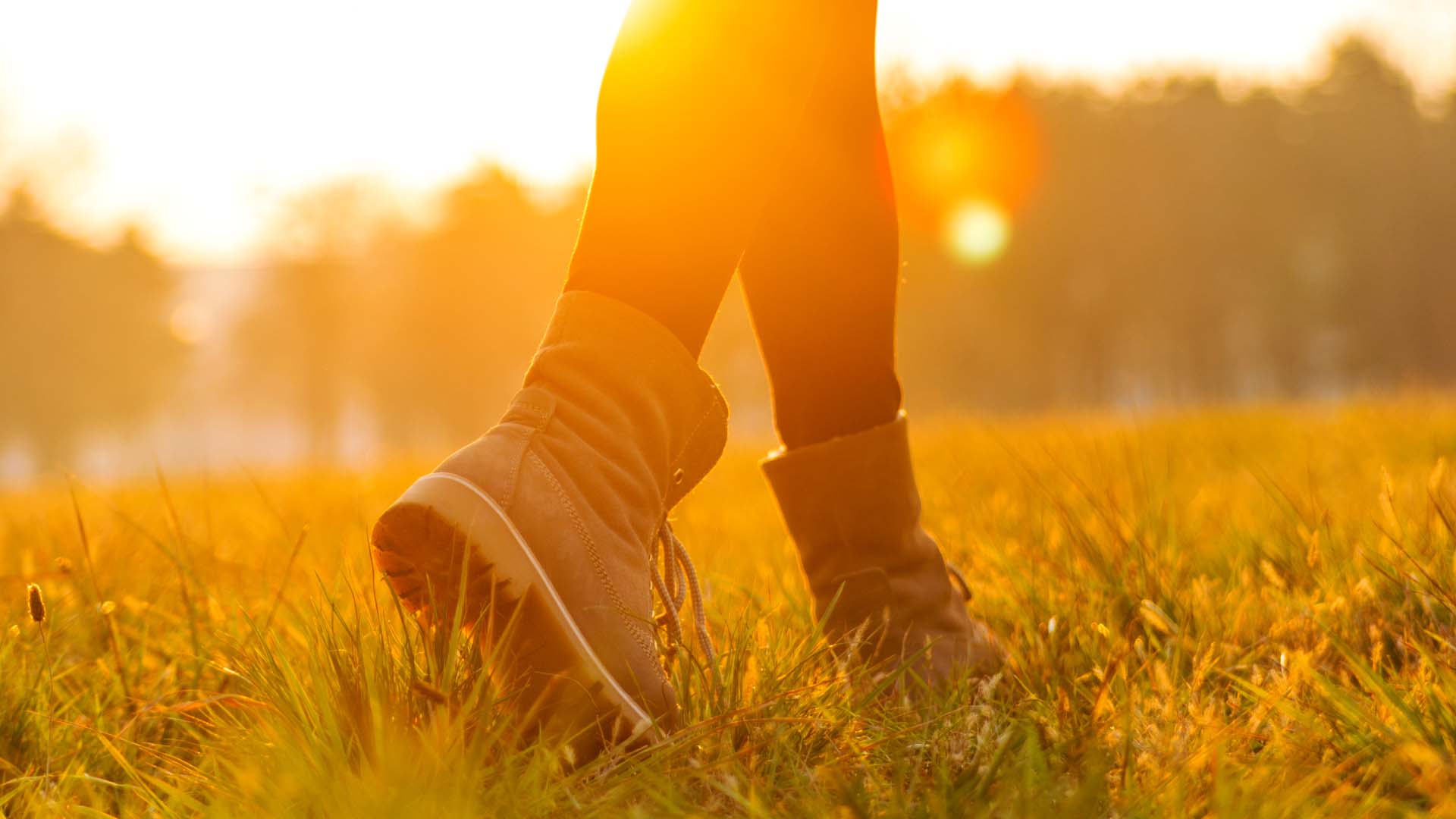
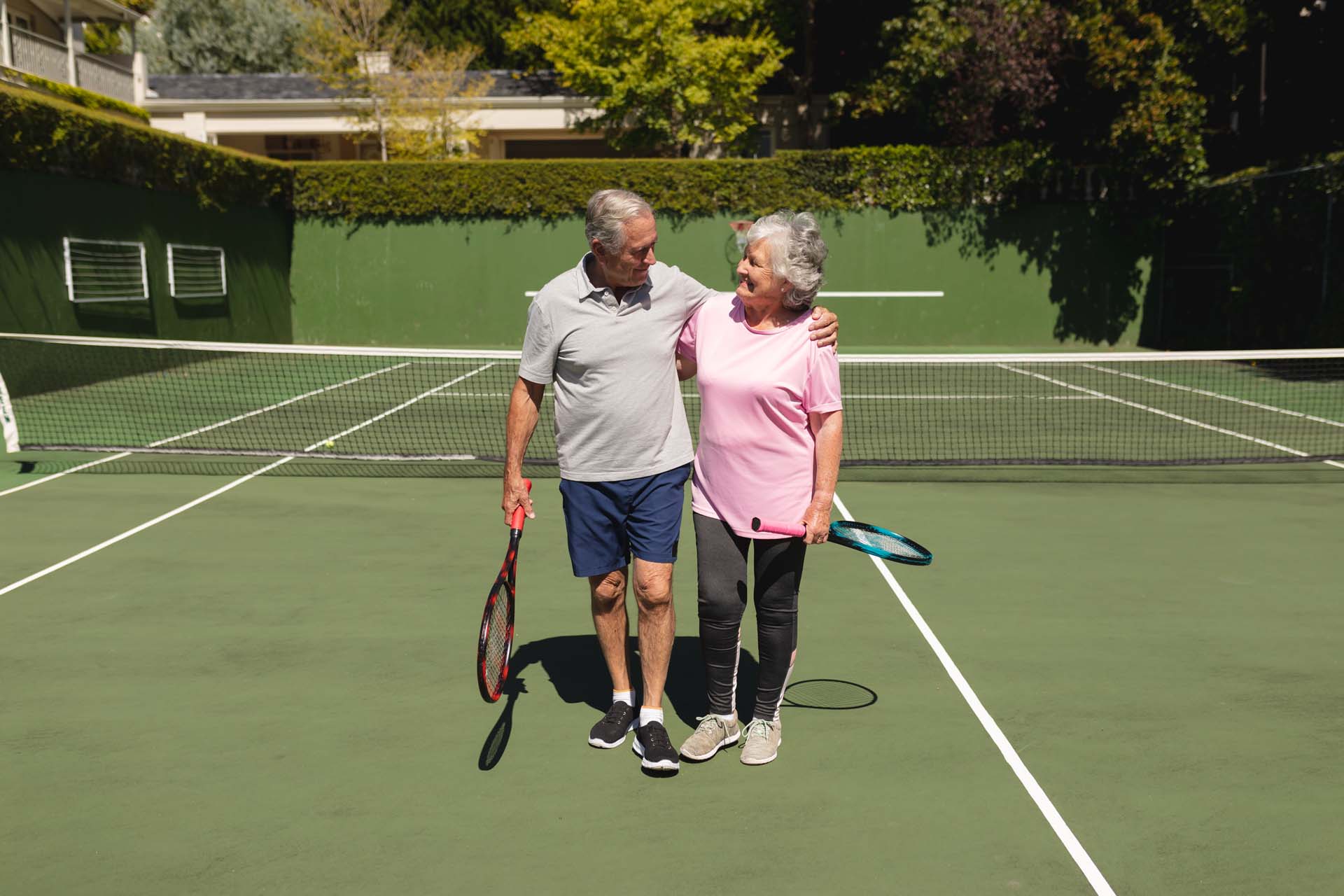
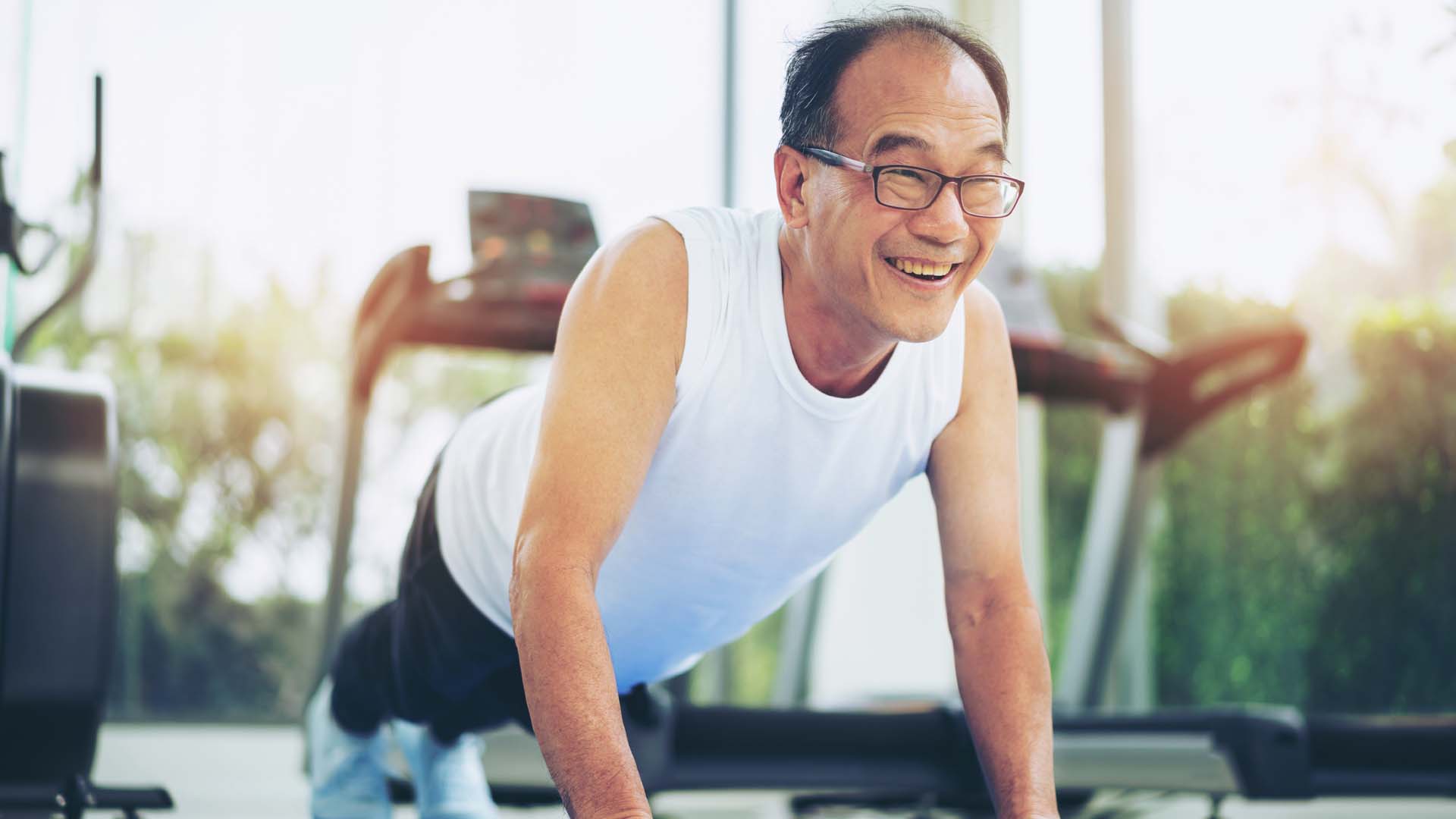
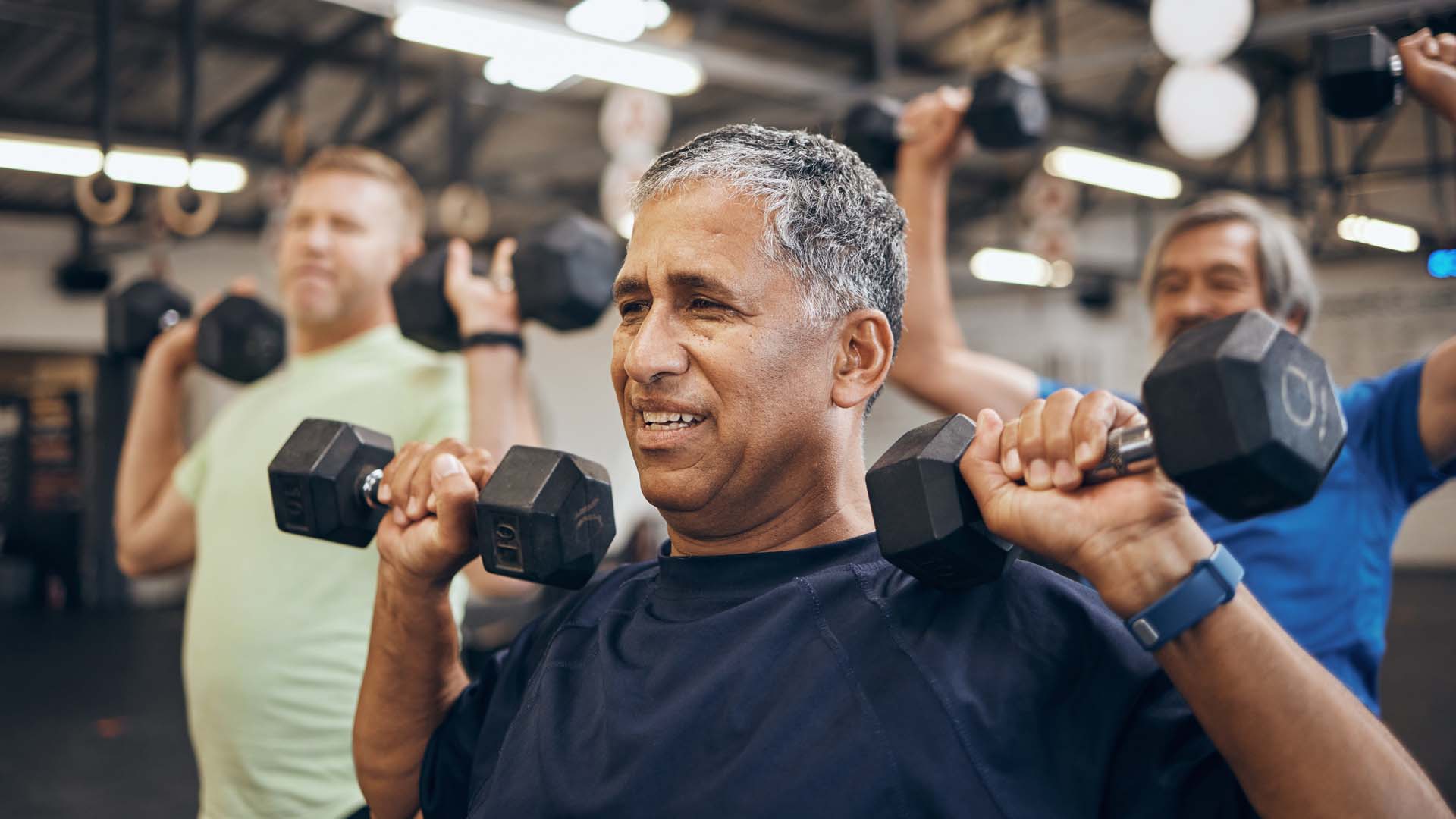
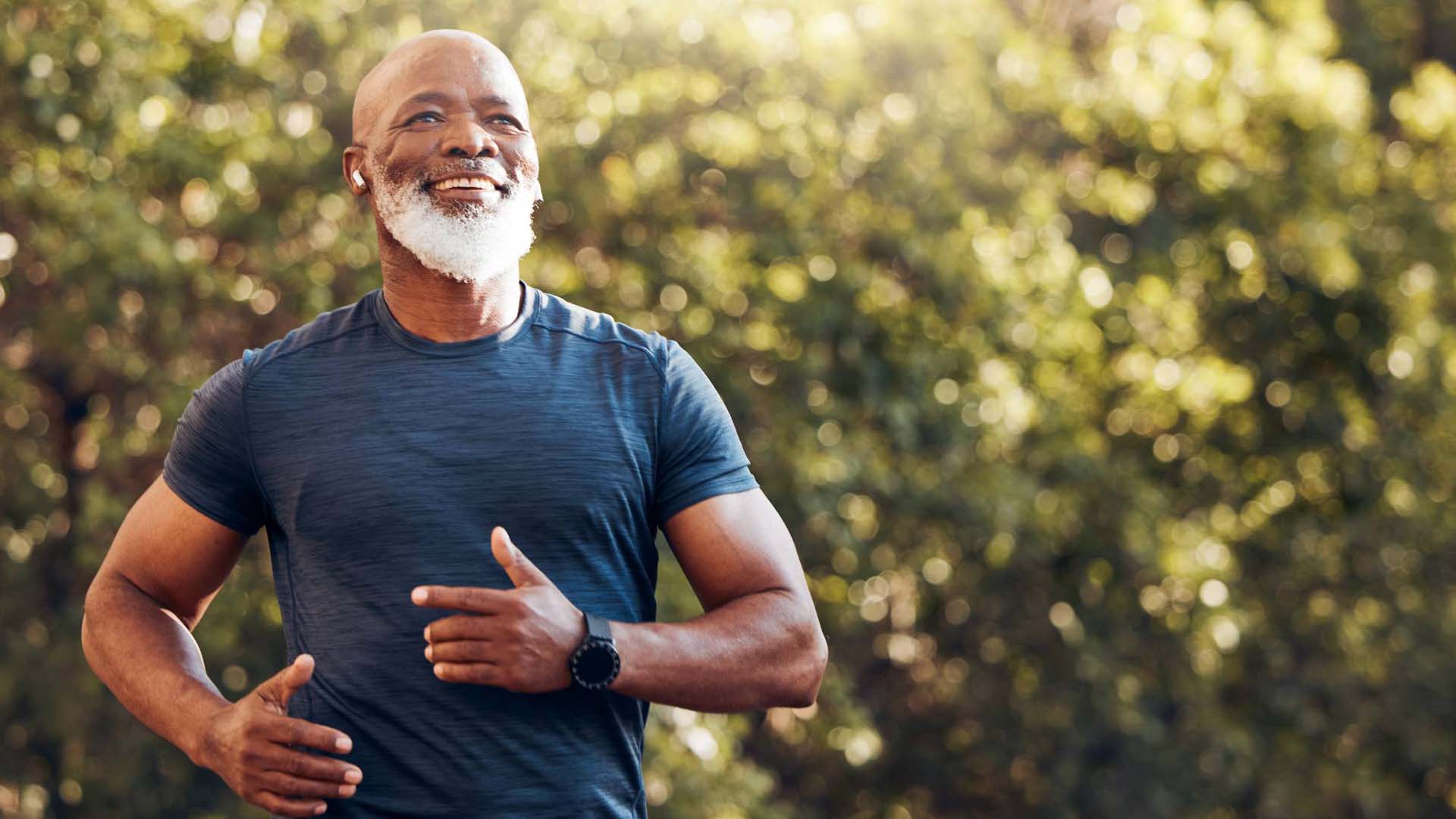

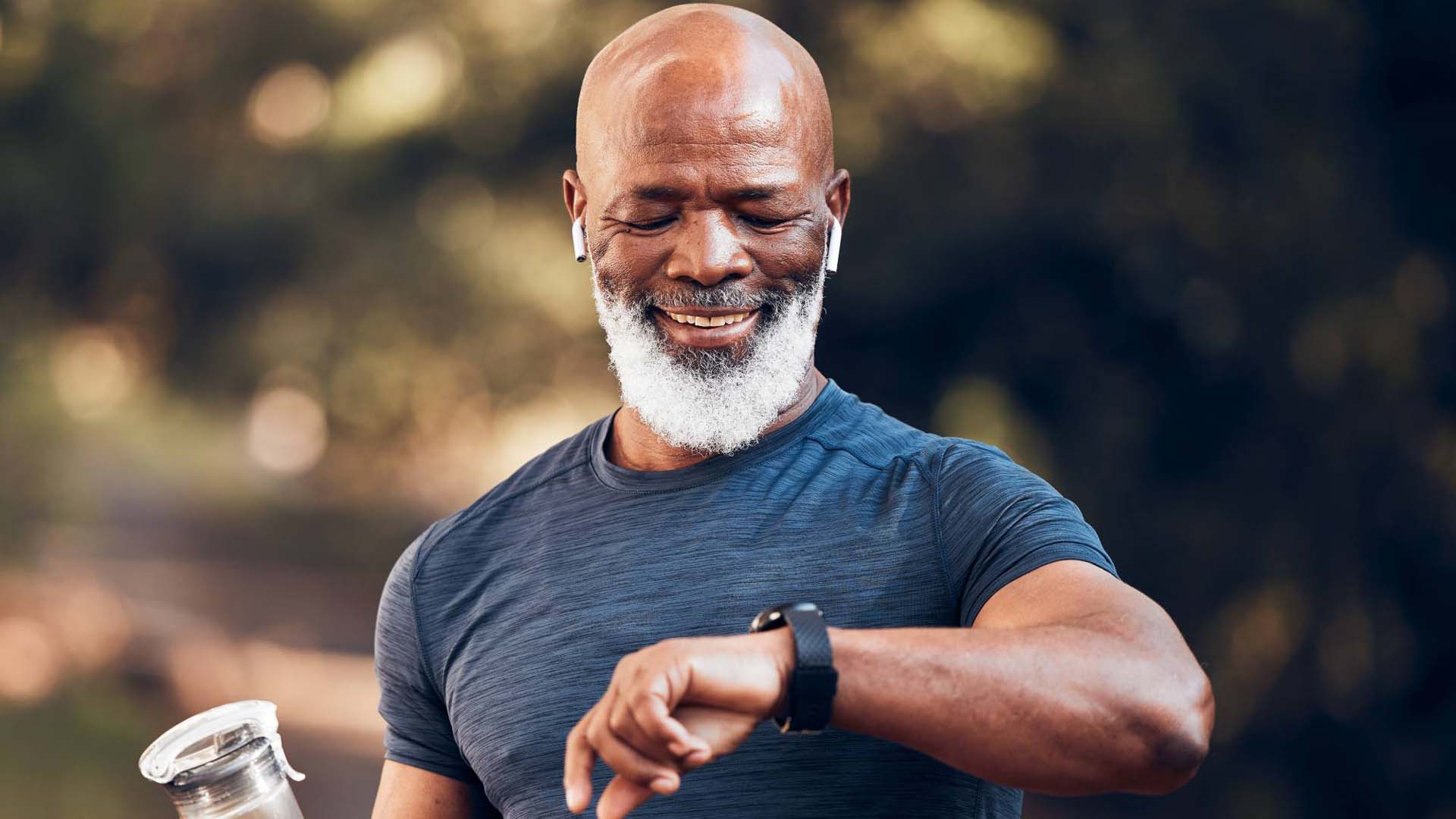
Your questions answered about what really is a good 5k time.